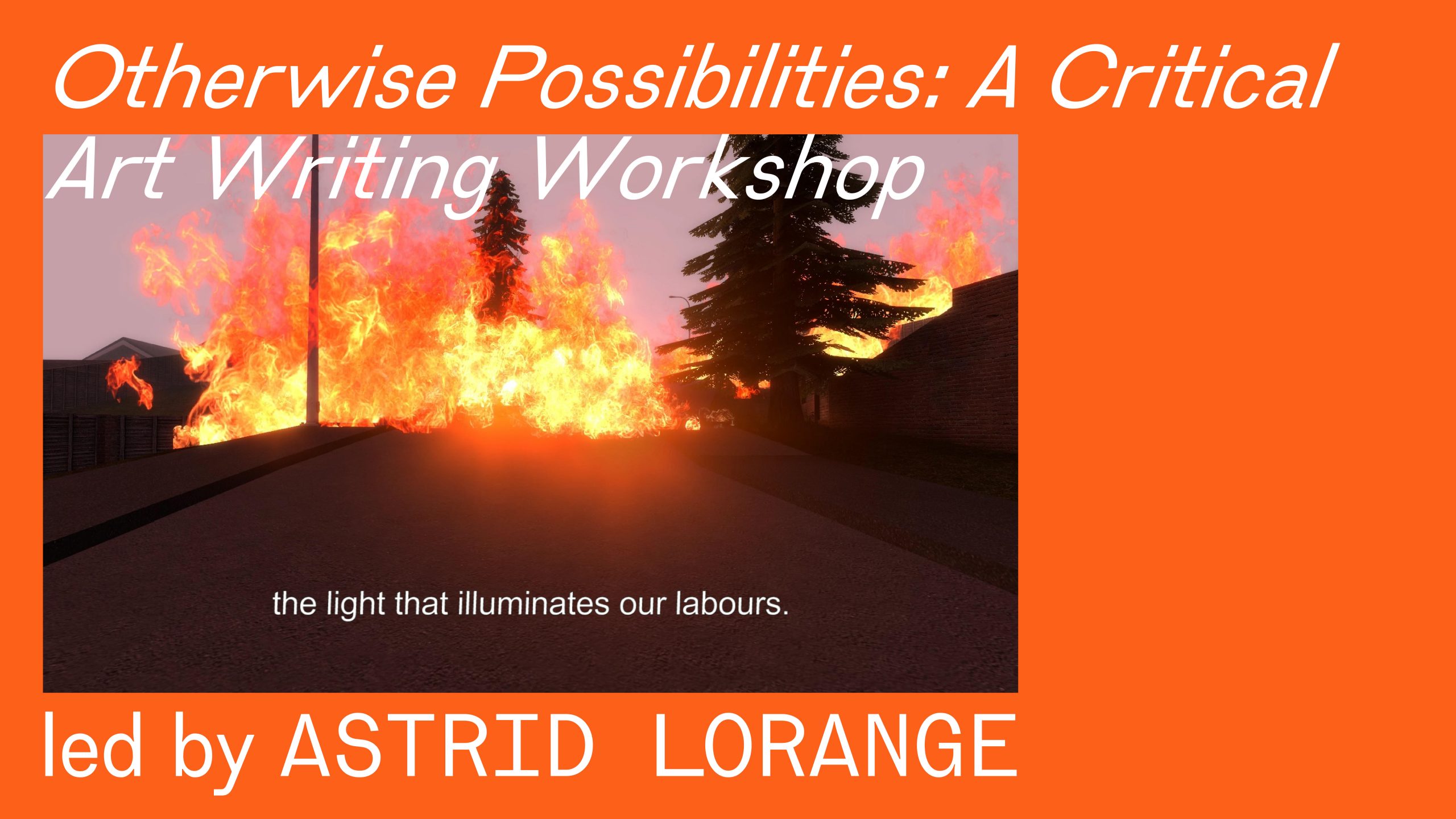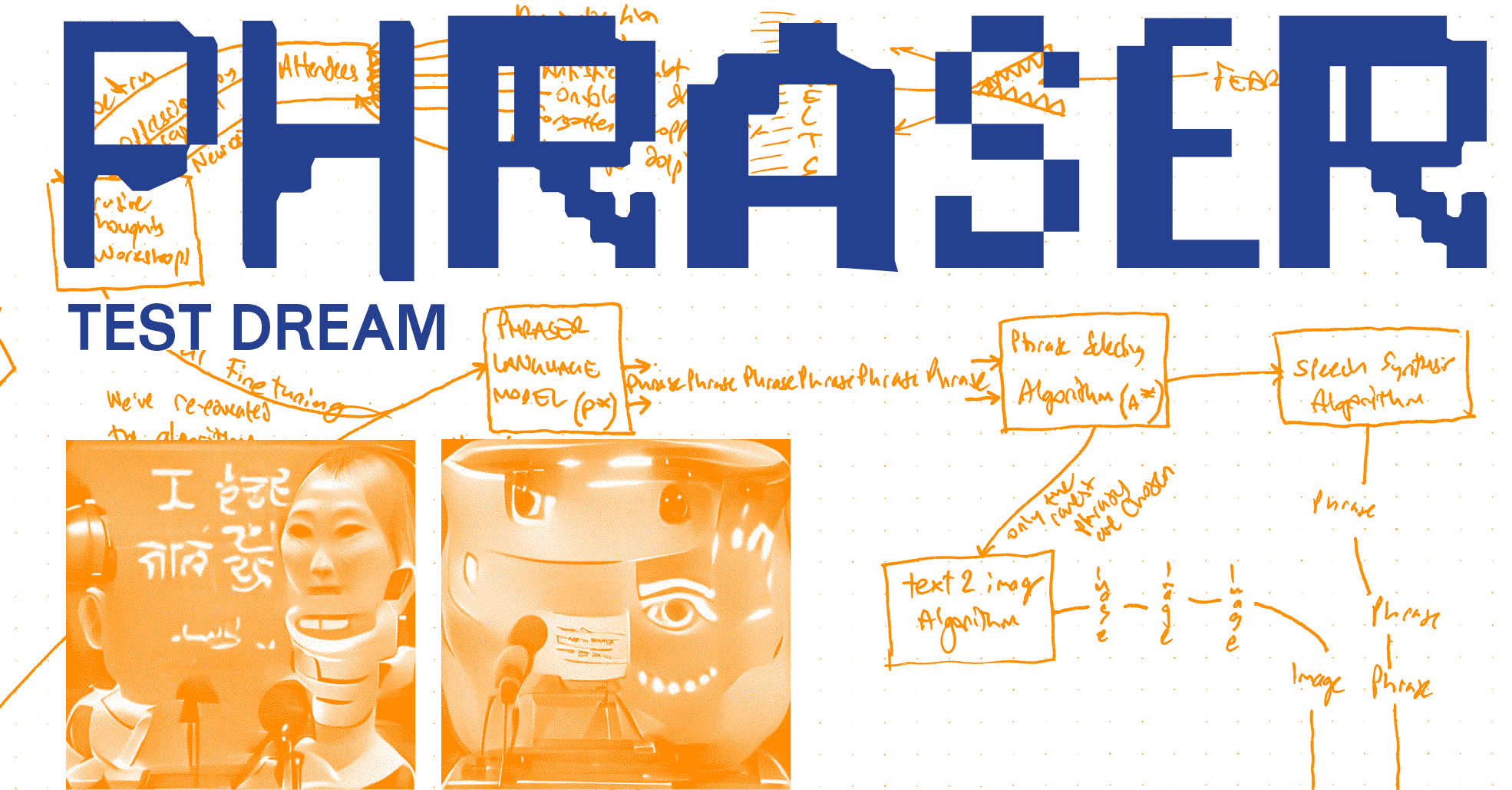The lifecycle of a perceived nonentity
Gemma Mahadeo
This is written with the view that anyone should be able to perform it, and that they should make any adjustments necessary to do so, regardless of disability, physical or otherwise.
1. wasp
Monsoon rain on tin roof should be heard throughout.
You are standing naked in a bare, cold warehouse lit by fluorescent light, dimly. It does not matter how tall, short, fat or skinny you are, if you have long, or short hair, or if you are using needed mobility aids (chairs, canes, crutches etc.).
You are facing an invisible audience.
One person walks towards you from the right, with a wide paint roller or a very wide paintbrush, saturated with yellow paint, and another from your left with black. They paint you, encircle you with the first pair of your stripes. When finished with the first round, they walk in the opposite direction they came from, then walk towards you again with newly saturated brushes to paint and encircle you till you have been coated in stripes completely from head to toe.
You lie down on the spot you have been standing in and roll till you coat some of the concrete floor in those stripes. Roll as much as you can to cover as much of a straight line as you can. If you can only roll, lie or rock on the spot, that is okay.
This must be performed before dawn everyday.
2. broken strings [tenor viol; top G string ‘g-1’]
Listen to the sound of a violin string, a cello string , and a piano string breaking during performance, whilst watching the video links provided.
Get a tenor viol and turn its corresponding peg very, very slowly whilst pushing it in, till its gut string breaks. You cannot afford to replace the string just yet as gut strings are expensive, so you will not be able to play the repertoire you have recently refamiliarised yourself with.
This is the perfect metaphor for what it is like to live with post-traumatic stress disorder when you are still learning about its symptoms and its manifestations, and you do not have any access to diazepam. You are not performing a musical instrument professionally, but existence is a performance that many struggle through with psychic terror every single day.
Be kind to strangers in quotidian interactions. You don’t know whose life you are saving on any given day.
3. poached pears [with red wine and spices]
A reinterpretation of ‘Spiced wine pears’, a recipe from Laura Calder, French Food At Home (New York: Harpers Collins Publishers, 2003) 195.
Ingredients: 6 pears, 1 strip orange peel, 1 750mL bottle of red wine, 150g sugar, 1 cinnamon stick, 1 tbsp peppercorns, 2 cardamom pods, 2 cloves, 2 star anise.
Peel and de-core the pears. Try to make sure the pears are given to you to share. Make sure there is no white pith on the orange peel. Heat the wine and sugar in a large saucepan gently. Once the sugar has dissolved, add the orange peel and spices then bring to boil. Gently place the pears in and simmer, turning them over once or twice if possible, and leave to simmer till tender or for 20 minutes. Remove the pears when they are done. Strain the remaining liquid. Boil this syrup to a reduction.
You can serve them a few ways:
- serve in a bowl warm with some of the reduction spooned over them
- let pears grow cool and arrange the halves on a plate with reduction drizzled over them
- cut into chunks and add to your porridge the morning after
- cut into chunks and serve with vanilla or plain yogurt as breakfast
- cut into chunks and serve alongside generous scoops of the finest vanilla ice-cream
You have now made home, at a house. It is not just a house to you anymore. The smell alone with seep into, soak into, permeate the house for weeks afterwards. It is a blanket of safety.
4. [recurring] night terror
The snap of a stalk of sugarcane, the sound of a cane being aimed at a child’s bottom and palms should be heard in succession, repeated throughout.
You are in bed, in the dark.
You sit up bolt upright.
Your head turns towards wardrobe doors in the room, which have light pastel green panels but are mainly off-white.
Your head knows you are safe, here.
Your levels of adrenaline and endorphins are telling you that you are somewhere you feel threatened.
You are frozen, wondering why your eyes process what you see incorrectly and vomit up a paradoxical hormonal response.
You wait for it to pass, to stop being physiologically frozen and terrified.
When your body’s neurochemistry has re-regulated, you try to go back to sleep. This may require pharmaceutical aid. If you have a pet, they may try to comfort you by nuzzling and settling down onto your hair when you lie back down.
5. malikot
Tagalog (Filipino) ‘wag kang malikot!’ means ‘don’t be naughty-cheeky!’
I am a friend to the malikot. I do not begrudge their choosing me. I am honoured. I am certain they have known me since I was a child, and I am glad that we were reacquainted whilst there on a trip as an adult too.
But it too signifies a precolonial mythological being. A malikot is not a malevolent spirit, but if it takes a fancy to you, if it chooses to ‘play’ with you, it manifests in its human playmate as becoming very physically unwell, suddenly, with no apparent logical, medical explanations.
Symptoms include: high fever that won’t abate and possibly accompanying delirium, sleepwalking, wandering around dishevelled, physical weakness, moaning and wailing, possibly repeating or begging for odd or difficult requests to be granted. At worst, a psychotic episode or break.
These will completely disappear as soon as you have left Philippine borders.
6. dragonflies: shame
cf. Tatsumi Hijikata ‘Quiet House’ 5 ‘A butoh dancer has to be familiar with a bird’s fear and bug’s fear’
Throughout, the sound of a matchbox being slid open is heard. The silence between is the spider your uncle keeps for fighting insect matches being visible. The sound of the box being closed should not be audible.
A boy and a nonbinary child squat in the dust of their rural Filipino village’s street and tear the wings off dragonflies they have caught.
These siblings laugh, giggle together.
The nonbinary child picks up one yet to lose its wings and lets it nibble on their fingertip.
When this child starts to be gendered as female by the community, they will experience extreme remorse for the rest of their lives at having committed this act and will never stop feeling sorry.
Throughout, the sound of a matchbox being slid open is heard. The silence between is the spider your uncle keeps for fighting insect matches being visible. The sound of the box being closed should not be audible.
7. metronome
Wearing comfortable house clothes, lie on your stomach on ground. Swing lower legs at knees from right to left as symmetrically as possible. This is your guardian and teacher. Imagine a cat is sitting on your lower back or buttocks, to keep you grounded.
8. anaesthesia
I am a caramel-skinned person, with dark, dark brown, slightly wavy hair. brown eyes which sometimes change colour according to adrenaline levels. It is important that you note my hair is not black. My brown eyes sometimes change colour according to adrenaline levels, they look clearer or lighter, I’ve been told. I once saw them flecked with green near the iris when I caught sight of myself in a pub mirror, like an endangered, fighting wild animal.
Lie down somewhere comfortable – emulate the savanasa yoga position if you can. Your eyes should be closed, but if you can’t do this, then leave them open and try to have them soft and relaxed in your sockets.
Imagine someone is strapping your upper left arm in order to constrict blood flow.
Squeeze your left hand into a fist and stretch out, flex, unflex, several times.
Imagine people you trust are sticking metal nipples to your breastbone, not on actual chest or breasts. They adjust your clothing with care and tenderness.
Turn your head to your right shoulder. Imagine you are being administered an injection.
Place your head back to face where a ceiling would be. Cup your hands over your mouth and nose, and breathe slowly, and as deeply as you can.
Count slowly, with the view to making it to ten:
…
one
.
two
–
–
three
–
–
–
four
—
—
—
—
Are you asleep yet? This is the most blissful unconsciousness you will ever know, if you ever need general anaesthetic. Do be warned that humans with red hair are more resistant to the effects of anaesthetic, so may need more, and may need to count longer.
I only ever make the count to four.
Gemma Mahadeo came to Australia in 1987, and is a writer and occasional musician. Recent work appears in the Australian Poetry Journal, Djed Press, Hecate, Rabbit, and Subbed In. They edit poetry for Concrete Queers, and reviews for Melbourne Spoken Word. They’re on Twitter as @snarkattack or IG as @eatdrinkstagger.








